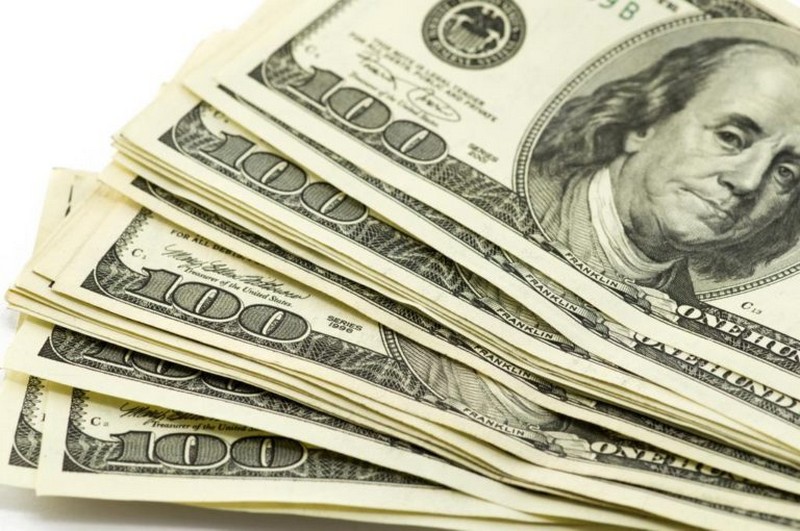By Countercurrents Collective
According to a Bloomberg report, Saudi Arabia is ready to discuss trading in currencies other than the US dollar, according to Saudi Arabia’s finance minister Mohammed Al-Jadaan.
Al-Jadaan’s comments come a month after China’s President Xi Jinping said that Beijing is ready to make energy purchases in yuan instead of the US dollar in trade exchanges with members of the Gulf Cooperation Council (GCC). China’s leader highlighted the necessity of the shift while speaking at a Chinese-Arab summit hosted by Saudi Arabia earlier this week.
“There are no issues with discussing how we settle our trade arrangements, whether it is in U.S. dollar, in euro or in Saudi riyal,” Al-Jadaan said on Tuesday during an interview with Bloomberg in Davos, Switzerland.
The oil-rich kingdom is seeking to deepen its ties with vital trade partners, including China. The readiness for talks on the issue expressed by Riyadh may signal that the world’s biggest oil exporter is open to diversifying away from the U.S. dollar after decades of pricing crude exports in the U.S. currency. The riyal, the Saudi national currency, has been pegged to the greenback, too.
The trend towards the shift to national currencies that is recently being observed among the major participants in global trade chains is partially attributed to the policies of secondary sanctions that Washington is pursuing. Initially, the steps towards ditching the U.S. currency in trade, particularly in the energy sector, were intensified in the wake of the sweeping sanctions introduced by Western nations against Russia, one of the world’s major energy producers and exporters, over the military operation in Ukraine.
China Setting New World Energy Order
The global energy order is being reshaped as deepening energy ties between China and the Middle East signifies the rise of the petroyuan, which could challenge the petrodollar, the Financial Times reported on Wednesday, citing Credit Suisse analyst Zoltan Pozsar.
According to Pozsar, China has been boosting purchases of crude and liquefied natural gas (LNG) from Iran, Venezuela, Russia, and some African nations using its national currency. However, President Xi Jinping’s meeting with the member states of the Gulf Cooperation Council (GCC) in December marked “the birth of the petroyuan,” he said in a note to clients.
At the summit, the Chinese leader confirmed that Beijing is ready to make energy purchases in yuan instead of the U.S. dollar with GCC countries.
“China wants to rewrite the rules of the global energy market,” Pozsar said, adding that the move to de-dollarize the oil and gas trade is backed members of the BRICS alliance (Brazil, Russia, India, China, and South Africa).
According to the Credit Suisse analyst, the steps towards ditching the greenback in the energy trade have intensified in the wake of the sweeping sanctions imposed by Western nations on Russia, one of the world’s major energy producers and exporters, in response to the military operation in Ukraine. Pozsar added that dollar foreign exchange reserves were militarized in the sanctions war, making the use of the currency unsafe for major exporters and importers of oil, gas, and other commodities.
Cooperation between China and the GCC may potentially involve joint exploration and production in places such as the South China Sea, as well as investment in refineries, chemicals, and plastics.
Pozsar said that implementing all of these projects in the yuan would mark a massive shift in the global energy trade. He added that even if it does not replace the dollar as a reserve currency, trading in the petroyuan will nevertheless come with significant economic and financial implications for policymakers and investors.
Countercurrents is answerable only to our readers. Support honest journalism because we have no PLANET B.
19 January 2023
Source: countercurrents.org

